Prevention
An ounce of prevention is better than a pound of cure.
Exercise, exercise and exercise
doing 150 minutes of moderate exercise per week will lessen the cancer risk by as much as 30%: colon , prostate cancer, breast cancer and gynecological cancers such as endometrial cancer, as well as oesophageal and kidney cancers etc. Exercise may reduce cancer risk by controlling body weight, reducing secretion of molecules that stimulate cancer growth, and strengthening the immune system.
Eat Healthly
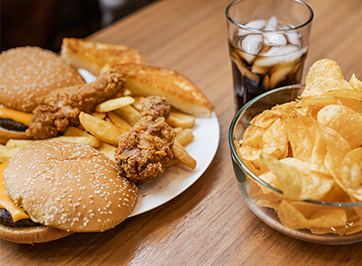
Avoid ultra processed foods
Avoid ultra processed and packaged foods like chips, especially processed meat like bacon, sausage and luncheon meat in asmuch as consumption of 50 grams daily will raise the risk of colon cancer by 18%.
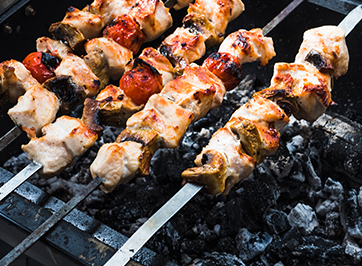
Eat less barbecued foods
Eat less fried or barbecued foods for consumption of foods cooked at excessively high temperatures and consequently enriched in carcinogenic benzo[a]pyrene will heighten the risk of colon or prostate cancer.
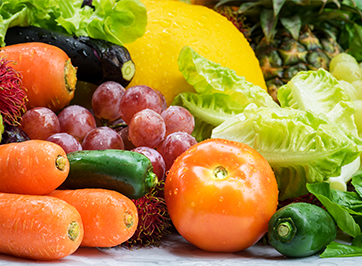
Eat more vegetables
Eat more vegetables and fruits like broccoli, carrots, beans, tomatoes, garlic, nuts, and lemon. A high fibre diet has been demonstrated to reduce the incidence of colon cancer.
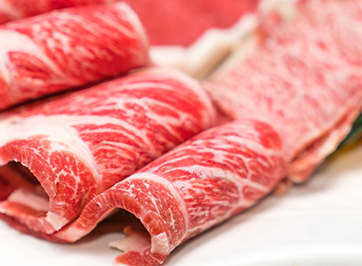
Eat less red meat
Eat less red meat because that will elevate the likelihood of getting colon cancer and prostate cancer.
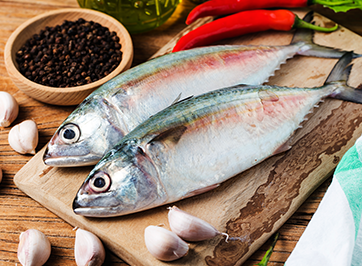
Eat more fish
Eat more fish rich in omega-3 fatty acids since that will help lower the risk of prostate cancer.
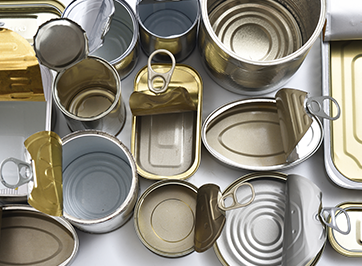
Avoid foods contaminated with bisphenol
Avoid foods contaminated with bisphenol
(found in canned foods and water bottles), aflatoxins and dioxin which may cause cancer.

Avoid free sugars
Avoid taking in too much free sugars(for sugar fuels tumor cell growth), and too much salt( which increases the risk of stomach, nose, throat and pancreas cancers)
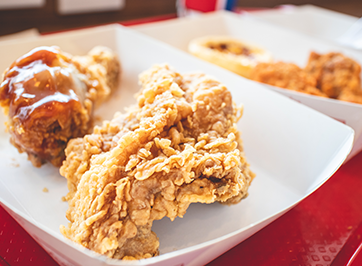
Avoid trans fat
Avoid trans fat which is carcinogenic.

Avoid hot drinks
Avoid food and drinks which are too hot. Intense heat from foods and drinks may damage the esophageal cells and bring about gene mutations.
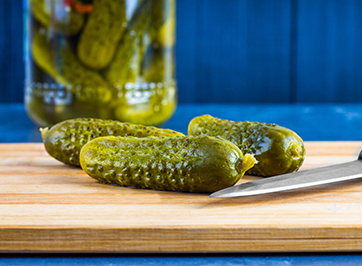
Avoid salt cured meat
Avoid salt cured meat or pickled foods which contain nitrite as a preservative. Nitrite can be converted to nitrosamine which is carcinogenic.











